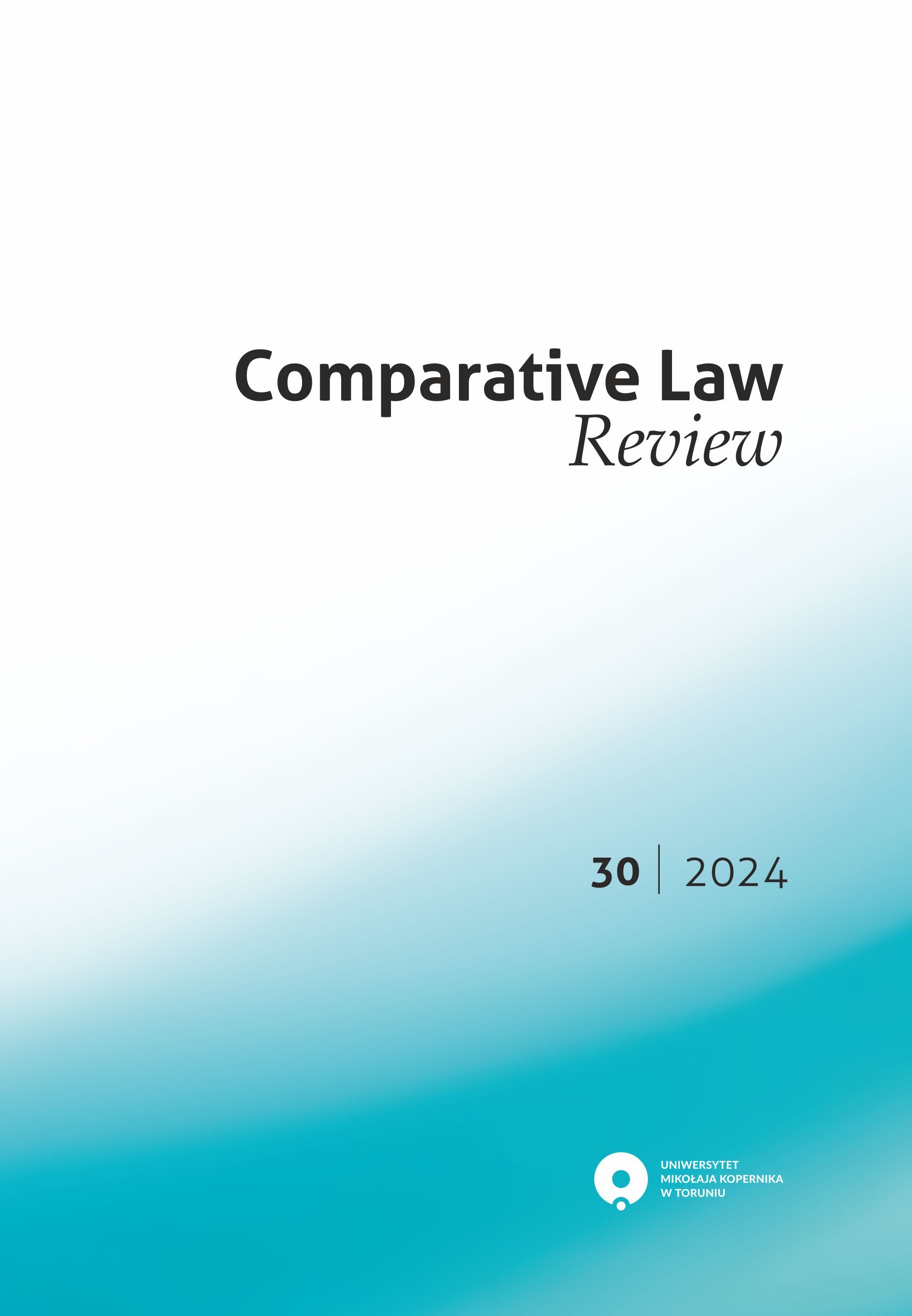Can Someone Be Unworthy to Exercise Their Right to Vote?
Questions of the Right to Vote for Persons Sentenced to Imprisonment, With Special Reference to Hungarian Practice
DOI:
https://doi.org/10.12775/CLR.2024.004Słowa kluczowe
exclusion from the right to vote, commission of a criminal offence, custodial sentence, disqualification from public affairs, practice of the European Court of Human Rights, Hungarian practiceAbstrakt
Over time, the generality of the right to vote has become an accepted principle, but it is still possible to disenfranchise a person if they have committed a crime. In international practice, this ground for disenfranchisement is considered accepted, but the ECtHR has pointed out that individualization and discretion are essential. National practice in this respect is quite varied: in some countries, offenders are automatically excluded, but in other countries, this should not happen in any case, and in the third category the disfranchisement is only possible on a case-by-case basis. According to the current Hungarian legislation, the exclusion is only possible if the offender is sentenced to a custodial sentence and is also disqualified from public affairs. The Hungarian practice is in line with the ECtHR practice, however, on the basis of statistical, disenfranchisement for criminal offences remains quasi-automatic. Therefore, the study also outlines possible solutions that could make the Hungarian legislation more forward-looking.
Pobrania
Opublikowane
Jak cytować
Numer
Dział
Licencja
Prawa autorskie (c) 2024 Gábor Dr. Kurunczi

Utwór dostępny jest na licencji Creative Commons Uznanie autorstwa – Bez utworów zależnych 4.0 Międzynarodowe.
Statystyki
Liczba wyświetleń i pobrań: 565
Liczba cytowań: 0



